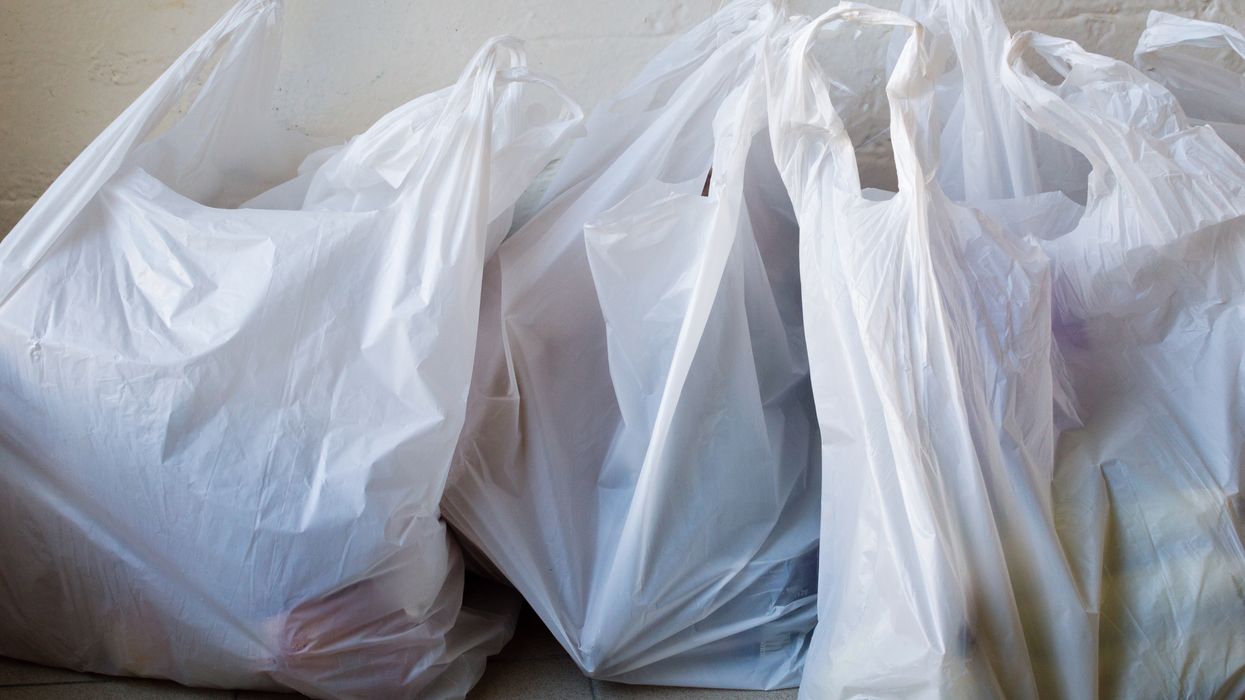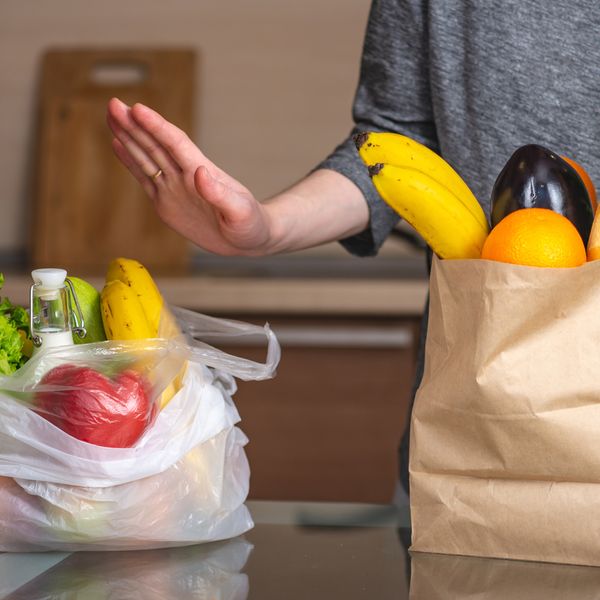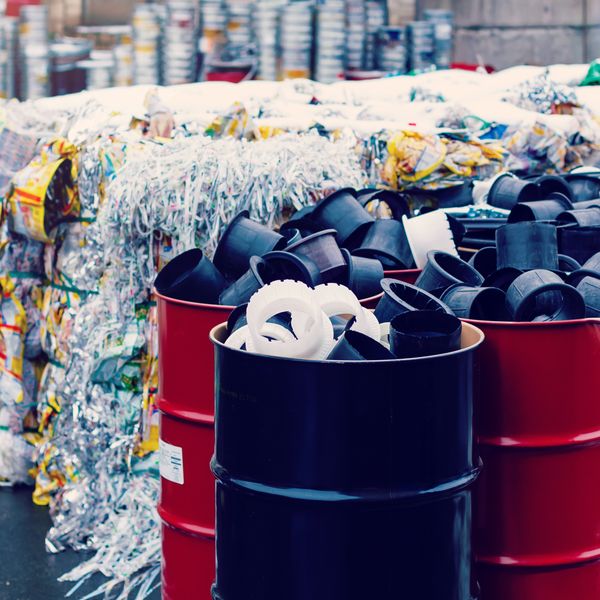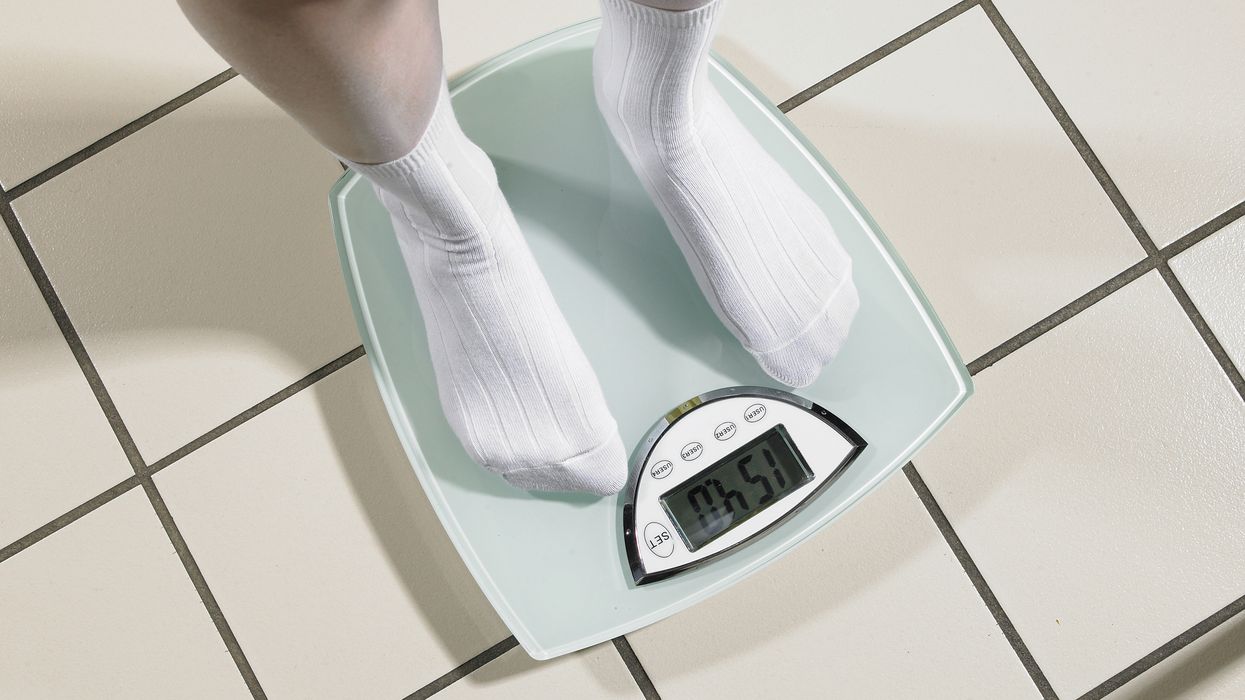State Updates
After delays, ME's bag ban now in effect
Maine’s statewide ban on single-use plastic bags took effect on July 1st. The ban was supposed to have taken effect in April 2020, but the pandemic put a halt to its implementation. Under the law, retailers may not supply single-use plastic bags to their customers, although there are exceptions if the retailer charges a five-cent per bag fee. Any collected fees belong to the retailer and will not be subject to sales tax. Stores may also use plastic produce bags, but in that case, they’re also required to accept plastic bags for recycling from the public.
NT tweets about pesticide notifications
In July, the New York State Department of Environmental Conservation tweeted about its Neighbor Notification Law. This law requires commercial pesticide applicators and others to notify neighboring property owners when they apply pesticides to a property. The law is intended to give neighboring property owners the ability to prepare in order to reduce their exposures. Not all counties in the state have adopted the law; see 6 CRR 325.41 for more.
PA tests public water systems for PFAS
The Pennsylvania Department of Environmental Protection (PADEP) says that there is no widespread PFAS contamination of public water systems in the state. PADEP sampled 493 public water systems that were located near sites that have potential PFAS contamination, and only two samples resulted in chemical levels above EPA’s Health Advisory Level of 70 parts per trillion for PFAS. PADEP conducted the tests under a 2018 order from the governor, and the state is working to establish a statewide maximum contaminant level for PFAS in groundwater.
AL hosts groundwater conferences
In June, the Alabama Department of Environmental Management conferred with consultants, contractors, and property owners on groundwater protection and underground storage tanks (USTs) during two environmental conferences. The 20th Annual Groundwater Conference presented the latest thinking in groundwater quality predictions and modeling, while the 18th Annual UST Conference presented information on tank assessments and remediation.
IN's Wetland Law goes into effect
Amendments to Indiana’s State Regulated Wetland Law became effective on July 1, 2021. These changes, required by SEA 389 (PL 160), significantly reduced the number of state-only regulated wetlands (non-federal). Indiana notes that the law did not eliminate state wetlands protections and wetlands remain regulated at the state and federal level. Persons who wish to do construction or otherwise alter an area that may be a wetland should confirm the area is not a wetland.
LA passes law to increase advanced recycling
Louisiana Governor John Bel Edwards signed SB 97 into law. The new law will help reduce plastic waste in the state by modernizing regulations addressing advanced recycling technology. It is intended to drive local demand for recycling programs as well as create new jobs by making it easier to invest in advanced recycling facilities that produce new materials from hard-to-recycle plastics. Louisiana is the one of 14 states to pass similar laws.
NE celebrates 50 years of enviro protection
The Nebraska Department of Environment and Energy (NDEE) celebrated its 50-year anniversary on July 1, along with its second year of the merger of the state’s environmental office with the Nebraska Energy Office. The agency noted its accomplishments in the cleanup of the Omaha Lead Superfund Site, which played a role in reducing children’s exposure to lead-contaminated soil, and also celebrated the U.S. News and World Report ranking of Nebraska as the 6th highest state in the nation for the quality of the natural environment.
CO strengthens single-use plastic bags ban
HB 21-1162, the Plastic Pollution Reduction Act, will ban single-use plastic carry-out bags in Colorado by March 31, 2023. Until September 1, 2022, stores can offer recycled paper bags or plastic carryout bags to customers if they charge at least 10 cents per bag, with 60 percent of the bag fees going to the city or county where the store is located for administrative and enforcement costs. After that date, stores may only offer recycled paper bags (and the 10-cent fee still applies). The Act also applies different compliance dates to polystyrene food containers in retail food establishments, and these bans don’t apply to high schools until 2025. The legislation has sparked some controversy as it undoes an earlier law prohibiting municipalities from being stricter than the state — now, cities and counties can crack down earlier and more harshly on single-use items than the state if they wish.
CA studies hair straightener substances
The California Department of Toxic Substances Control (DTSC) may regulate chemicals found in hair straightening products. The agency has been reviewing studies showing these products may be harmful to human health and could pose risks to consumers and hair salon workers. One study found 35 endocrine-disrupting or asthma-associated chemicals in three separate hair straightener kits, and the DTSC has held workshops to learn more from industry experts, researchers, advocates, and scholars. Next steps will include continued research, product profiles, and possibly proposed regulations.
OR modernizes recycling, regulates producers
SB 582, the Recycling Modernization Act passed by the Oregon Legislature during the 2021 Legislative Session, would make recycling easier for everyone in the state. The Act creates a single list that clarifies what can and can’t be recycled across the entire state — rather than county by county. It also increases access to recycling by providing services to those who live in apartments and rural locations. Oregon will permit and audit recycling processors, and the legislation requires collected materials to be recycled and assesses higher fees on producers for non-recyclable products and pollution. An advisory council appointed by the governor will review producer program plans, the statewide recycling list, and educational materials.






















































